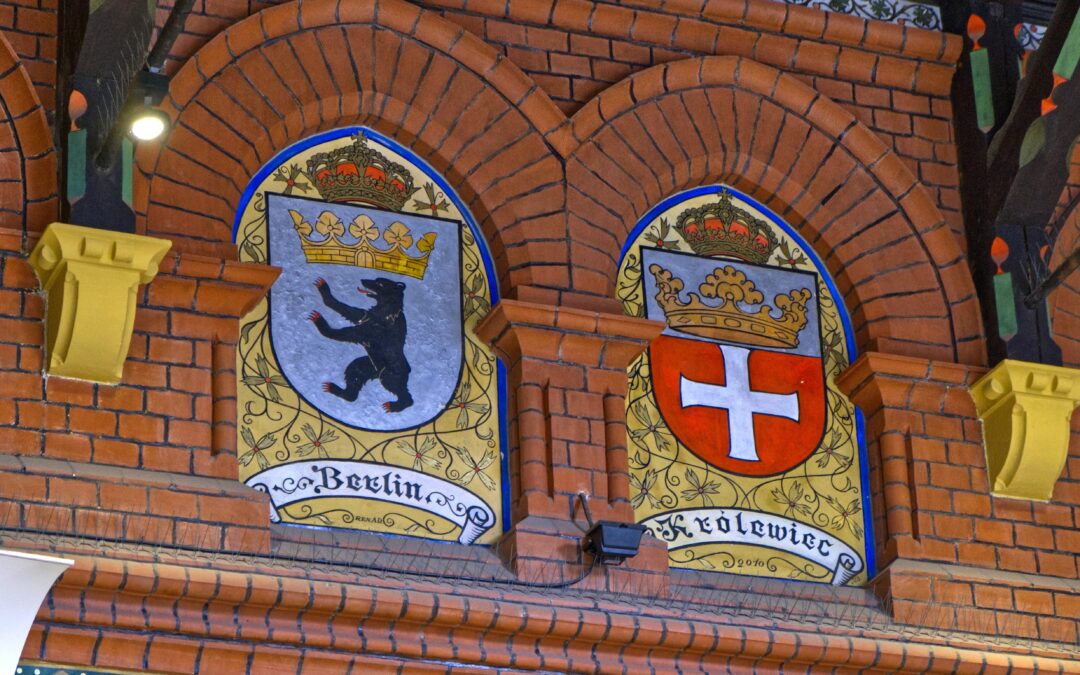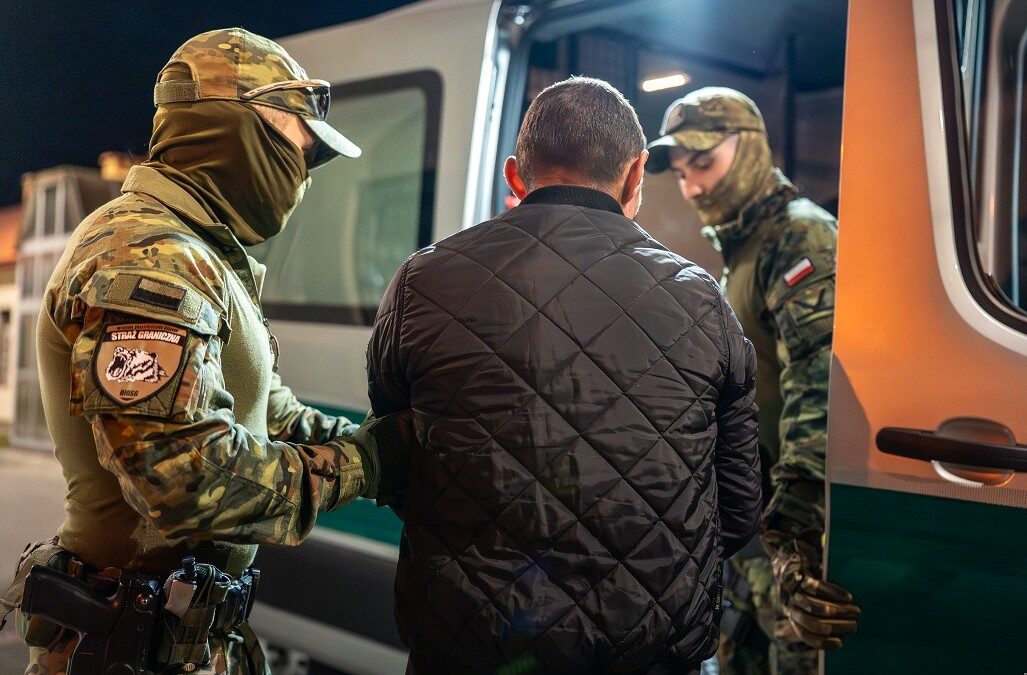The Russian exclave of Kaliningrad should exclusively be referred to in Polish using its historical Polish name of Królewiec, the government body responsible for standardising foreign place names in the Polish language has advised.
It found the name Kaliningrad to be not only “artificial” but also one that evokes negative feelings in Poland, given that it stems from the name of a Soviet politician, Mikhail Kalinin, who was responsible for the murder of over 20,000 Poles during the 1940 Katyn massacre.
The decision was made by the Commission for the Standardisation of Geographic Names Outside the Borders of Poland (KSNG), an expert body established by the interior ministry that issues recommendations on how places outside Poland should be named in the Polish language.
“The committee has resolved that, for the city with the Russian name of Калининград (Kaliningrad), the Polish name Królewiec is exclusively recommended and it is not recommended to use the name Kaliningrad in Polish,” announced KSNG yesterday.
It added that Kaliningrad Oblast, the Russian province in which the city of Kaliningrad is located, should be referred to in Polish as Królewiec Province (obwód królewiecki).
Od dziś dla miasta Калининград zalecane jest wyłącznie używanie polskiej nazwy Królewiec i nie stosowanie nazwy Kaliningrad, zaś dla jednostki administracyjnej Калининградская область (Kaliningradskaja obłast´) zalecana jest nazwa obwód królewieckihttps://t.co/NzuoGjJ6Gq
— Kamil Surowiec (@surowiec_k) May 9, 2023
Kaliningrad, a Russian exclave that borders Poland, was until 1946 known as Königsberg, having been part of Germany before passing to Soviet control after World War Two. Earlier, between the 15th to 17th centuries, it had been known as Królewiec while under Polish control.
In justifying its decision to return to the name Królewiec, the KSNG wrote that the current Russian name of Kaliningrad was the result of an “artificial baptism unrelated to either the city or the region”.
Moreover, “the fact that a large city located close to the borders of Poland was named after M[ikhail] I[vanovich] Kalinin, a criminal co-responsible for, among others, issuing a decision on the mass murder of Poles (the Katyn massacre), has an emotional and negative character in Poland”.
Poland has protested against the removal of Polish flags from two sites in Russia where thousands of Polish officers murdered by the Soviets in WWII are buried https://t.co/ApKF9Jz2Q4
— Notes from Poland 🇵🇱 (@notesfrompoland) June 27, 2022
In March 1940, Kalinin was among the Soviet leaders who signed the order to execute Polish military officers and members of the intelligentsia who had been taken prisoner after the Soviet Union invaded Poland in tandem with Nazi Germany the previous year.
The KSNG admitted that “events related to the Russian invasion of Ukraine” had prompted the committee to “look at this issue”. It noted that place names have not only a practical function but also a symbolic one.
“The current Russian name of the city is an element of the symbolic space of Russia,” wrote the committee. “Each country has the right to use in its language traditional names constituting its cultural heritage, and it cannot be forced to use in its own language names unacceptable to it.”
The war in Ukraine has led Poles to reconsider how they say "in Ukraine"
There has been a shift away from the traditional "na Ukrainie" (which some think makes a country seem more provincial) and towards "w Ukrainie" (which better emphasises independence) https://t.co/rZjgCDGFFB
— Notes from Poland 🇵🇱 (@notesfrompoland) March 4, 2022
Since Russia’s invasion of Ukraine, Poland has stepped up security on its border with Kaliningrad. Last year, the government ordered the erection of razor-wire fencing, and last month it began the construction of an electronic barrier made up of cameras and sensors.
In September last year, on the anniversary of the 1939 Soviet invasion of Poland, the government inaugurated a new canal that will allow ships to enter the Vistula Lagoon without going through Russian waters around Kaliningrad.
Following the invasion of Ukraine, a Polish Twitter user jokingly declared that Kaliningrad had been annexed by and divided between Poland and the Czech Republic, thereby giving the landlocked Czechs access to the sea. That sparked a series of memes in which the province was given its Czech name of Královec.
Czas podzielić Kaliningrad tak, aby nasi bracia Czesi mieli w końcu dostęp do morza pic.twitter.com/QTBv3DcM11
— papież internetu (@mihaszek) September 28, 2022
Main image credit: ASas-Dunajewski/Wikimedia Commons (under CC BY-SA 4.0)

Daniel Tilles is editor-in-chief of Notes from Poland. He has written on Polish affairs for a wide range of publications, including Foreign Policy, POLITICO Europe, EUobserver and Dziennik Gazeta Prawna.




















